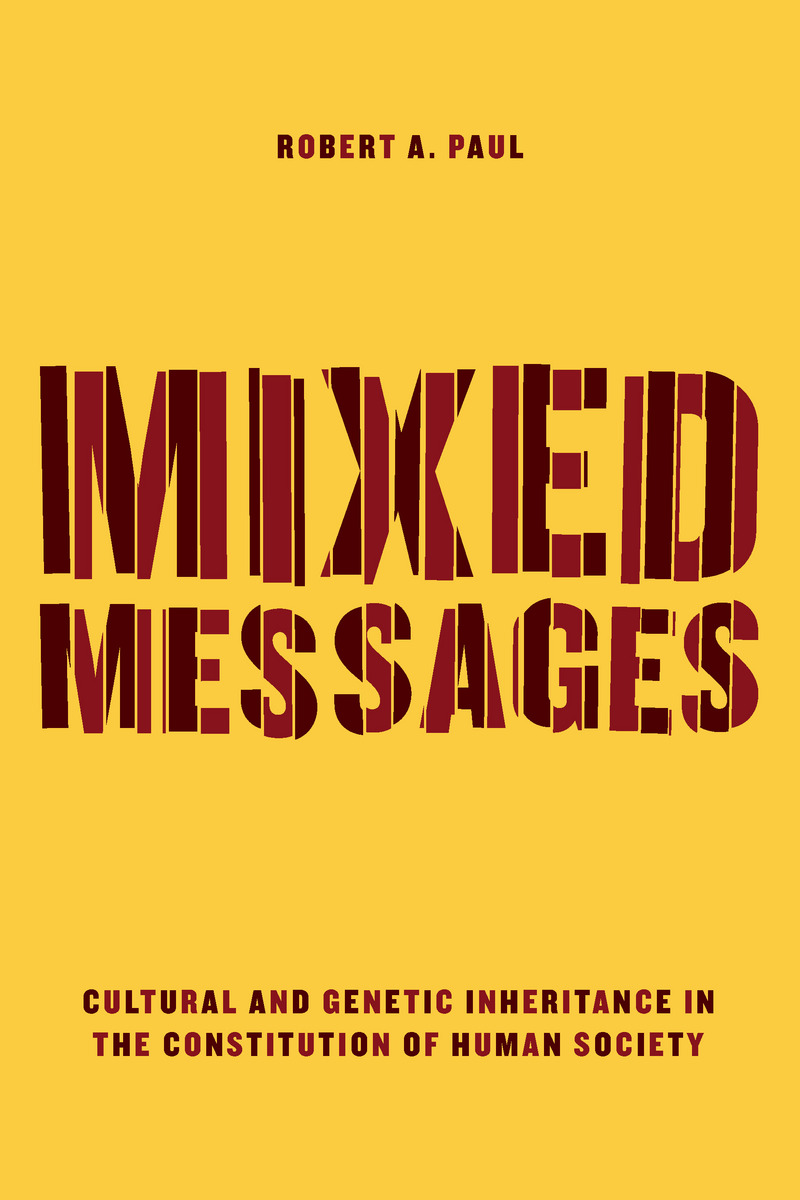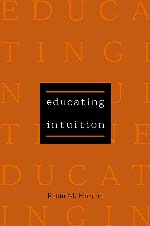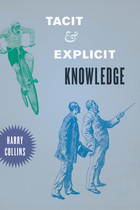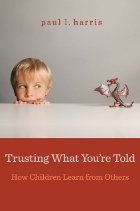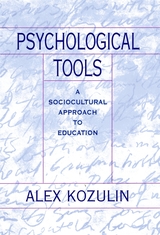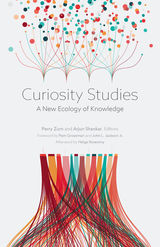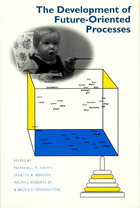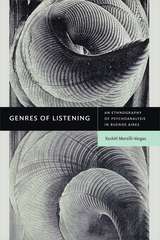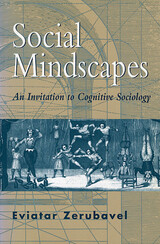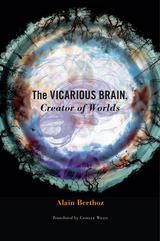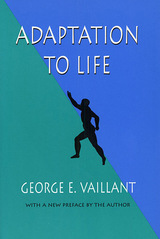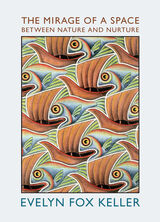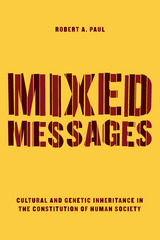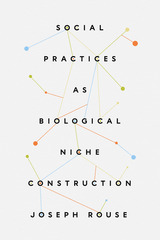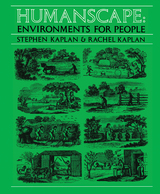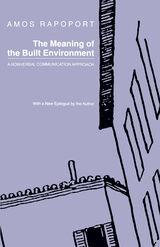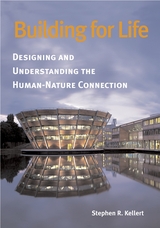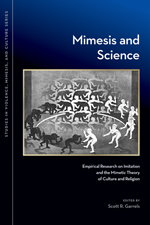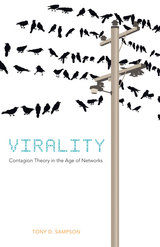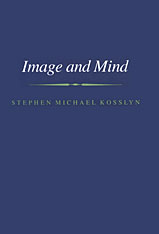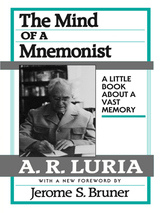Mixed Messages: Cultural and Genetic Inheritance in the Constitution of Human Society
University of Chicago Press, 2015
eISBN: 978-0-226-24105-0 | Paper: 978-0-226-24086-2 | Cloth: 978-0-226-24072-5
Library of Congress Classification BF341.P38 2015
Dewey Decimal Classification 155.7
eISBN: 978-0-226-24105-0 | Paper: 978-0-226-24086-2 | Cloth: 978-0-226-24072-5
Library of Congress Classification BF341.P38 2015
Dewey Decimal Classification 155.7
ABOUT THIS BOOK | AUTHOR BIOGRAPHY | REVIEWS | TOC | REQUEST ACCESSIBLE FILE
ABOUT THIS BOOK
As social and symbolic animals—animals with language and systems of signs—humans are informed by two different kinds of heritage, one biological, the other cultural. Scholars have tended to study our genetic and symbolic lineages separately, but in recent years some have begun to explore them together, offering a “dual inheritance theory.” In this book, Robert A. Paul offers an entirely new and original consideration of our dual inheritance to date, going deep inside an extensive ethnographic record to outline a fascinating relationship between our genetic codes and symbolic systems.
Examining a wide array of cultures, Paul reveals how the inherent tensions between these two modes of transmission generate many of the features of human society, such as marriage rules, initiation rituals, gender asymmetry, and sexual symbolism. Exploring differences in the requirements, range, and agendas of genetic and symbolic reproduction, he shows that a properly conceived dual inheritance model does a better job of accounting for the distinctive character of actual human societies than either evolutionary or socio-cultural construction theories can do alone. Ultimately this book offers a powerful call for a synthesis of the traditions inspired by Darwin, Durkheim, and Freud—one that is critically necessary if we are to advance our understanding of human social life.
Examining a wide array of cultures, Paul reveals how the inherent tensions between these two modes of transmission generate many of the features of human society, such as marriage rules, initiation rituals, gender asymmetry, and sexual symbolism. Exploring differences in the requirements, range, and agendas of genetic and symbolic reproduction, he shows that a properly conceived dual inheritance model does a better job of accounting for the distinctive character of actual human societies than either evolutionary or socio-cultural construction theories can do alone. Ultimately this book offers a powerful call for a synthesis of the traditions inspired by Darwin, Durkheim, and Freud—one that is critically necessary if we are to advance our understanding of human social life.
See other books on: Constitution | Cultural | Heredity | Nature and nurture | Sociobiology
See other titles from University of Chicago Press
